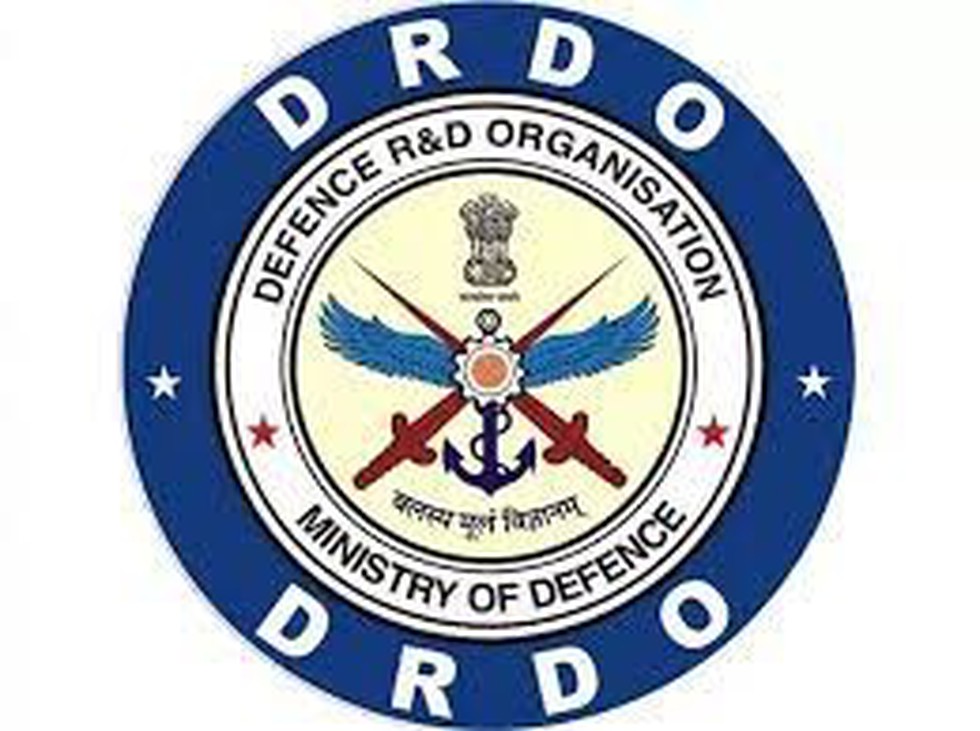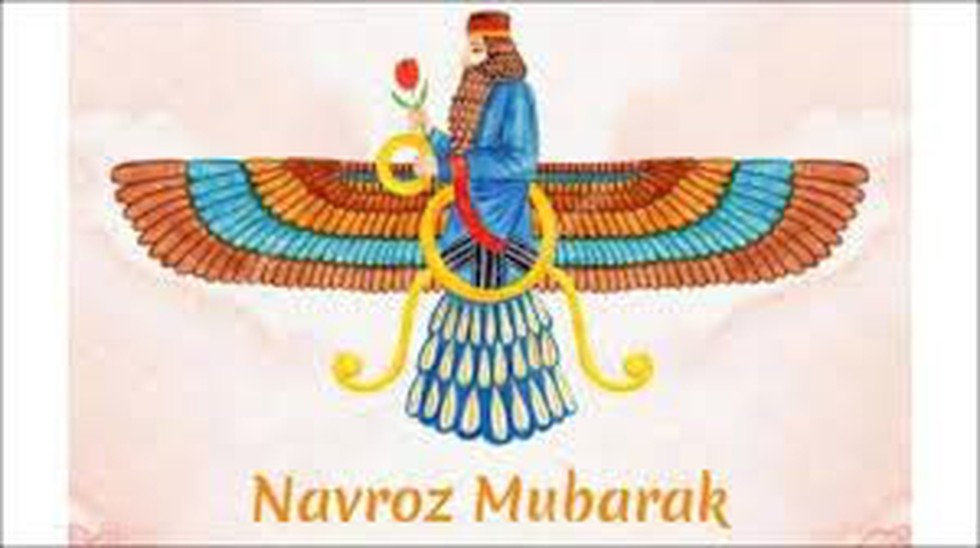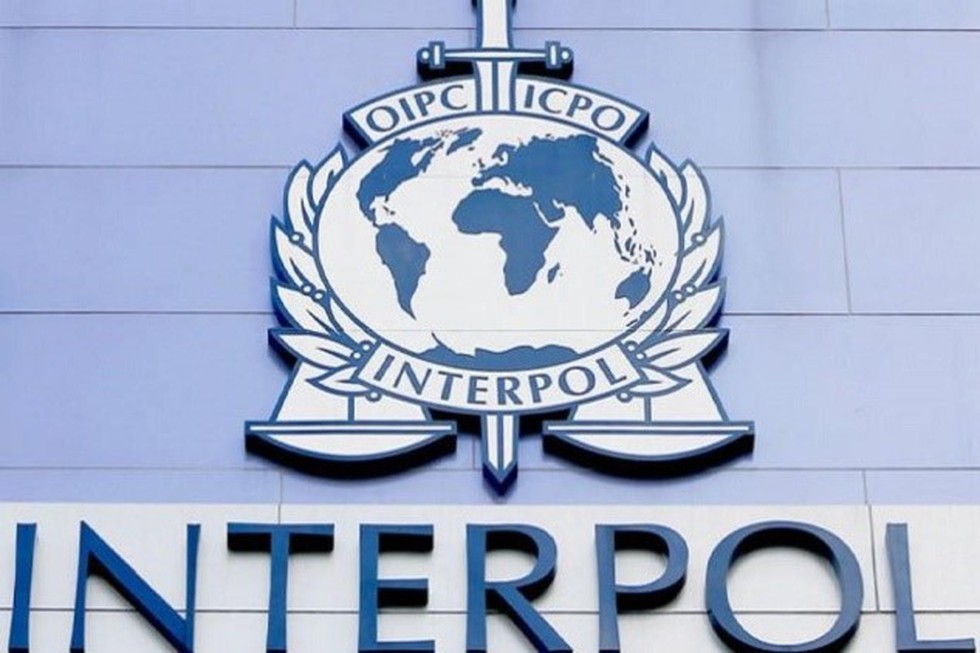
About SRIJAN Portal:
- Pursuant to the Atmanirbhar Bharat announcement, the Department of Defence Production has developed an indigenization portal
- It will give information on items that can be taken up for indigenization by the private sector.
- On this portal, DPSUs/OFB/SHQs can display the items which they have been importing or are going to import which the Indian Industry can design, develop and manufacture as per their capability or through a joint venture with OEMs.
- The Indian Industry will be able to show their interest. The concerned DPSUs/OFB/SHQs, based on their requirement of the items and their guidelines & procedures will interact with the Indian industry for indigenization.
- Nodal Ministry: Ministry of Defence.

About Ceramic Radome technology:
- Ceramic Radome Technology is the state-of-the-art technology for Missiles across the world. ASTRA/ QRSAM, high Mach missiles experience high surface temperatures during their traverse due to atmospheric thermal heating.
- To mitigate the thermal heating, Ceramic is considered a radome material.
- Ceramic Radome fabrication is a two-stage process, gel-casting followed by sintering.
What is ceramic?
- Ceramics are classified as inorganic and nonmetallic materials that are essential to our daily lifestyle.
- Properties of ceramics: In general, ceramics are corrosion-resistant, hard, and brittle. The majority of ceramics are also excellent insulators and can withstand high temperatures.
What is Radome?
- Radomes are structures or enclosures designed to protect an antenna and associated electronics from the surrounding environment and elements such as rain, snow, UV light, and strong wind.

About NAFED:
- NAFED is an apex organization of marketing cooperatives for agricultural produce in India.
- It was founded on 2 October 1958 to promote the trade of agricultural produce and forest resources across the nation.
- It is registered under Multi State Co-operative Societies Act.
- With its headquarters in New Delhi, NAFED has four regional offices in Delhi, Mumbai, Chennai and Kolkata, apart from 28 zonal offices in capitals of states and important cities.
What are the Functions?
- It is the nodal agency to implement price stabilization measures under "Operation Greens" which aims to double the farmers' income by 2022.
- Along with FCI the NAFED is involved in the procurement of oilseeds, pulses and copra under the Price Support Scheme (PSS).
What is Operation Greens?
- In the budget 2018-19, a new Scheme “Operation Greens” was announced on the line of “Operation Flood”, with an outlay of Rs.500 crore.
- Objective: To stabilize the supply of Tomato, Onion and Potato (TOP) crops and to ensure the availability of TOP crops throughout the country around the year without price volatility.

About Navroz:
- Navroz is an Iranian and Persian New year. The word ‘now’ means ‘new’ and roz means ‘day’. Therefore, the word translates to a new day.’
- It marks the beginning of the spring seasonand is celebrated with great fervour by members of the Parsi community across the globe.
- The festival of Nowruz is named after the Persian king, Jamshed, who is credited for creating the Persian or the Shahenshahi calendar.
- It is said that the festival came to India courtesy of an 18th-century wealthy tradesman from Surat, Nusservanji Kohyaji,who often travelled to Iran and began celebrating Nowruz in India.
- It is listed in the list of UNESCO Intangible Cultural Heritage of Humanity of India.
- In India, the festival is observed around August 16-17 by the Parsi community following the Shahenshahi calendar which does not account for leap years,

About Interpol:
- Mandate:It is an international organization facilitating international police cooperation against cross-border terrorism, trafficking, and other crime.
- Governance:All decisions regarding the activities of INTERPOL are made by the General Assembly which is its supreme governing body which meets annually.
- Status:It is ‘NOT’ a unit or part of a united nation system. It is an independent international organization.
- National Central Bureau (NCB):
- It has a National Central Bureau (NCB) in each member country, which is the central point of contact for both the general secretariat and the other NCBs around the world.
- Each NCB is run by police officials of that country and usually sits in the government ministry responsible for policing. (Union Home Ministry in India.)
- Central Bureau of Investigation (CBI) represents Interpol in India as the country's national central bureau.
What are the types of Notices issued by Interpol?
- It issues 8 types of notices (7 of which are colour-coded) which are in the form of alerts/requests allowing police in member countries to share critical crime-related information.
- Red Notice: To seek the location and arrest of a person wanted by a judicial jurisdiction or an international tribunal with a view to his/her extradition. It is the "closest instrument to an international arrest warrant”.
- Blue Notice: To locate, identify or obtain information on a person of interest in a criminal investigation.
- Green Notice: To warn about a person's criminal activities if that person is considered to be a possible threat to public safety.
- Yellow Notice: To locate a missing person or to identify a person unable to identify himself/herself.
- Black Notice: To seek information on unidentified bodies.
- Orange Notice: To warn of an event, a person, an object or a process representing an imminent threat and danger to persons or property.
- Purple Notice: To provide information on modus operandi, procedures, objects, devices or hiding places used by criminals.
- Interpol-UNSC Special Notice: To inform Interpol's members that an individual or an entity is subject to UN sanctions.

About Black Money (Undisclosed Foreign Income and Assets) and Imposition of Tax Act, 2015:
- Black Money (Undisclosed Foreign Income and Assets) and Imposition of Tax Act, 2015, or the Black Money Act (as popularly known), has come into force w.e.f. 01.07.2015.
- Objective: To create a deterring effect on illegal foreign transactions and bring back undisclosed Indian money abroad.
- Features of the Act:
- Applicability:
- The Act will apply to all person resident in India.
- It will also apply to a person being Not an ordinary resident or Non-resident but who was an ordinary resident of India during the previous year when undisclosed income was earned or assets acquired outside India.
- Provisions of the Act will apply to both undisclosed foreign income and assets (including financial interest in any entity).
- Tax:
- Undisclosed foreign income or assets shall be taxed at a flat rate of 30 percent.
- No deductions, exemptions, carry forward, or set-off shall be available while computing tax liability under the BM Act, unlike the Income Tax Act.
- Penalties:
- The penalty for non-disclosure of income or an asset located outside India will be equal to three times the amount of tax payable thereon, i.e., 90 percent of the undisclosed income or the value of the undisclosed asset. This is in addition to the tax payable at 30%.
- There are other penalties also leviable on account of non-disclosure of required information, and there are prosecution provisions also within the Act.
- One-time compliance opportunity:
- The Act also provides a one-time compliance opportunity for a limited period to persons who have any undisclosed foreign assets which have hitherto not been disclosed for the purposes of Income-tax.
- Such persons may file a declaration before the specified tax authority within a specified period, followed by payment of tax at the rate of 30 percent and an equal amount by way of penalty.
- Such persons will not be prosecuted under the stringent provisions of the Act.
- Applicability:

About Letter of Comfort (LoC):
- What is it? An LoC is a letter issued to a lending institution by a stakeholder of the company acknowledging the support of the attempt for financing asked by that company.
- They are usually issued by a third party or a stakeholder in the transaction.
- For instance, a holding company can give an LoC on behalf of its subsidiary, or a government can issue a letter of comfort for PSUs.
- It is not legally binding and does not imply that the parent company guarantees repayment of the loan being sought by the subsidiary company.
- It merely gives reassurance to the lending institution that the parent company is aware of the credit facility being sought by the subsidiary company and supports its decision.
- This provides some comfort to the financial institution to lend money for the short term or long term.
- It, thus, is a moral rather than a legal obligation for the borrower.
- It can also be issued by banks, NBFCs, and auditors.
- It lays down the contract conditions and steps to complete the transaction successfully.

About Ab-CoV database:
- What is it? It is an online open-source database of coronaviruses’ neutralizing antibodies encompassing crucial features such as binding affinity and neutralization profiles of antibodies.
- It is an exhaustive repository of antibodies, not just specific to SARS CoV-2 but also to other members of the coronavirus family, such as Severe Acute Respiratory Syndrome (SARS) and Middle East Respiratory Syndrome (MERS) viruses.
- It also contains the source of each antibody and the viral protein(s) and virus strains they recognize.
- It includes 1,780 coronavirus-related antibodies, including 211 nanobodies, and can help develop drugs against new variants of SARS-CoV-2.
- Ab-CoV has a wide range of search and display options through which users can directly search and download the processed data based on the antibody's name, viral protein epitope, neutralized viral strain, antibody, and nanobody.
- It also has the option to view structures of antibodies or viral proteins in a 3D model.
- Applications: The information compiled in this database can assist researchers in,
- antibody engineering;
- analyzing immune escape for known and future variants of SARS-CoV-2;
- computational studies on neutralizing antibodies;
- relating structural features with binding affinity;

About Sunabeda Wildlife Sanctuary:
- Location:
- It is located in the Nuapada district of Odisha, adjoining Chhattisgarh.
- It adjoins the Sitanadi and Udanti sanctuaries of Chhattisgarh.
- The sanctuary harbors a great diversity of wildlife habitats with a vast plateau, canyons, and 11 waterfalls.
- It also forms the catchment area of the Jonk River, over which a dam has been constructed to facilitate irrigation.
- Vegetation: The important vegetation of this sanctuary comprises dry deciduous tropical forests.
- Flora: Bija (Pterocarpus marsupium), Teak(Tectona grandis), Sisoo (Dalbergia latifolia), Asan (Terminalia tomentosa), Dharua (Anogeisus latofolia), Mahul (Madhuca indica), Char (Buchnania lanzan), Sandal wood (Santalum album), Sidha (Lagestroemia parviflora) etc.
- Fauna:
- It is an ideal habitat for the Barasingha (swamp deer).
- It also works as a migration link for rare wild Buffaloes between the states of Orissa and Chhattisgarh.
- Other important animals found are tigers, Leopards, hyenas, Barking Deer, Chital, Gaur, Sambar, Sloth Bear, Hill Myna, etc.

About Zealandia:
- It is a long, narrow microcontinentthat is mostly submerged in the South Pacific Ocean.
- Zealandia or Te Riu-a-Māui in the Māori language was formally one of the constituent continents of the ancient supercontinent called Gondwana, which also included Western Antarctica and Eastern Australia over 500 million years ago.
- It began to "pull away" from Gondwana roughly 105 million years ago.
- As Zealandia started pulling away, it began to sink beneath the waves, with over 94 percent remaining underwater for millennia.
- It is approximately 1.89 million square miles (4.9 million square km) in size, about half the size of Australia.
- The vast majority of this new continent lies beneath 6,560 feet (2km) of water.
- The part of Zealandia which is above water forms the foundation of New Zealand's north and south islands as well as the island of New Caledonia.
- The existence of Zealandia was first recorded in 1642 by Dutch businessman and sailor Abel Tasman, who was on a mission to find the "great Southern Continent," or Terra Australis.





























































































































































.png)
.png)
.png)
.png)
.png)


.png)
.png)
.png)





.png)
.png)






.png)
.png)
.png)
.png)
.png)
.png)
.png)
.png)
.png)

.png)







.png)
.png)


.png)
.png)
.png)


.png)

.png)
.png)





.jpg)

.png)
.png)


.png)

.png)
.png)
.png)

.jpg)

.jpg)


.png)

.png)
.png)
.png)
.png)
.png)
.png)
.png)
.png)
.png)
.png)




.png)

.png)





.png)
.png)
.png)
.png)
.png)
.png)
.png)
.png)
.png)
.png)
.jpg)
.jpg)

.png)
.png)
.png)
.png)
.png)
.png)
.png)
.png)
.png)
.png)
.png)
.png)
.png)
.png)
.png)
.png)
.png)
.png)
.png)
.png)
.png)
.png)



.png)
.png)

.jpg)
.jpg)


.jpg)
.jpg)
.jpg)
.jpg)
.jpg)

.jpg)








.jpg)
.jpg)
.jpg)
.jpg)
.jpg)














.jpg)
.jpg)







.jpg)


















.jpg)
.jpg)






























































































.jpg)
.jpg)


























.jpg)

.jpg)










.jpg)








.jpg)




.jpg)










.jpg)


















.jpg)












































.jpg)














.jpg)
.jpg)
.jpg)





.jpg)

.jpg)
.jpg)





































































.jpg)


































.jpg)
.jpg)
















































.jpg)












.jpg)


.jpg)




.jpg)
.jpg)
.jpg)

.jpg)
.jpg)
.jpg)
.jpg)

.jpg)
.jpg)
.jpg)

.jpg)
.jpg)
.jpg)
.jpg)
.jpg)
.jpg)
.jpg)
.jpg)

.jpg)


.jpg)
.jpg)
.jpg)
.jpg)
.jpg)
.jpg)
.jpg)
.jpg)
.jpg)
.jpg)











.jpg)
.jpg)





.jpg)
.jpg)
.jpg)
























.jpg)
























.jpg)









.jpg)
.jpg)







.jpg)
.jpg)









































.jpg)
.jpg)
.jpg)
.jpg)
.jpg)

.jpg)
.jpg)
.jpg)
.jpg)
.jpg)


.jpg)
.jpg)
.jpg)
.jpg)
.jpg)

.jpg)
.jpg)
.jpg)
.jpg)
.jpg)
.jpg)
.jpg)
.jpg)
.jpg)
.jpg)
.png)

.png)
.png)

.png)
.png)
.png)
.png)


.jpg)
.jpg)

.jpg)
.jpg)
.jpg)

.png)
.png)
.png)
.png)
.png)
.png)
.png)

.png)
.png)
.png)
.png)
.png)
.png)
.png)
.png)
.png)
.png)





































































-min.png)



.png)




.png)








































